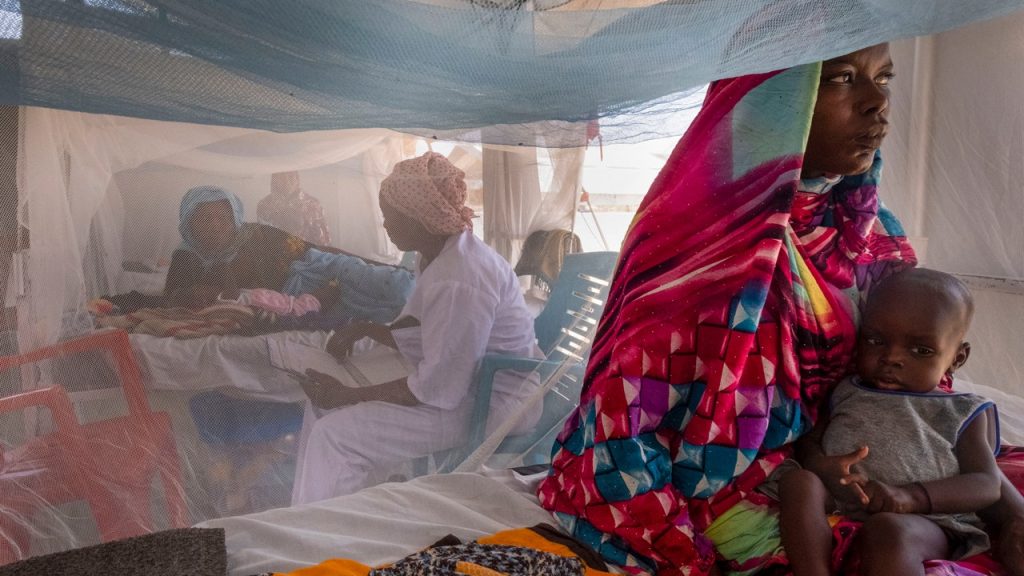Sudanese paramilitary forces are encircling the only capital they haven’t captured in the western Darfur region, putting its 800,000 inhabitants at risk, according to the United Nations. The situation in the North Darfur area is escalating, with government forces also positioning themselves for potential conflict. The ongoing war in Sudan, fueled by rival groups vying for power and foreign support in violation of U.N. sanctions, has caused over 14,000 deaths and displaced millions of people.
The U.N. Secretary-General has called on the paramilitary Rapid Support Forces and government forces to refrain from fighting in North Darfur to prevent devastating consequences. The U.N. political chief has described the situation in Sudan as a crisis of epic proportions, exacerbated by the influx of weapons from foreign supporters. The clashes in and around El Fasher have already displaced 40,000 people and led to civilian casualties, cutting off humanitarian access to the region.
The conflict in Sudan began in mid-April 2023, when tensions between the military and the Rapid Support Forces erupted into violence in Khartoum. Since then, the fighting has spread to other parts of the country, including the western Darfur region. The Rapid Support Forces, originally formed from Janjaweed fighters by former President Omar al-Bashir, have been accused of carrying out brutal attacks on ethnic African civilians in Darfur, particularly the Masalit ethnic group.
The situation in Sudan has resulted in a dire humanitarian crisis, with millions of people in need of life-saving assistance and over 8.6 million displaced from their homes. The International Criminal Court has warned that both sides in the conflict may be committing war crimes, crimes against humanity, or genocide in Darfur. Humanitarian officials have stressed the importance of allowing safe passage for civilians to leave El Fasher for safer areas and have expressed concerns about the lack of guarantees for aid shipments to reach the region.
Efforts are underway to de-escalate tensions in Sudan, with the U.N.’s personal envoy engaging with rival parties to address the escalating conflict. The U.N. humanitarian office has emphasized the importance of delivering life-saving supplies to the region, including aid shipments from neighboring countries. As the situation in Sudan continues to worsen, there is a growing concern about the potential impact on the civilian population and the need for immediate action to prevent further loss of life and displacement.


